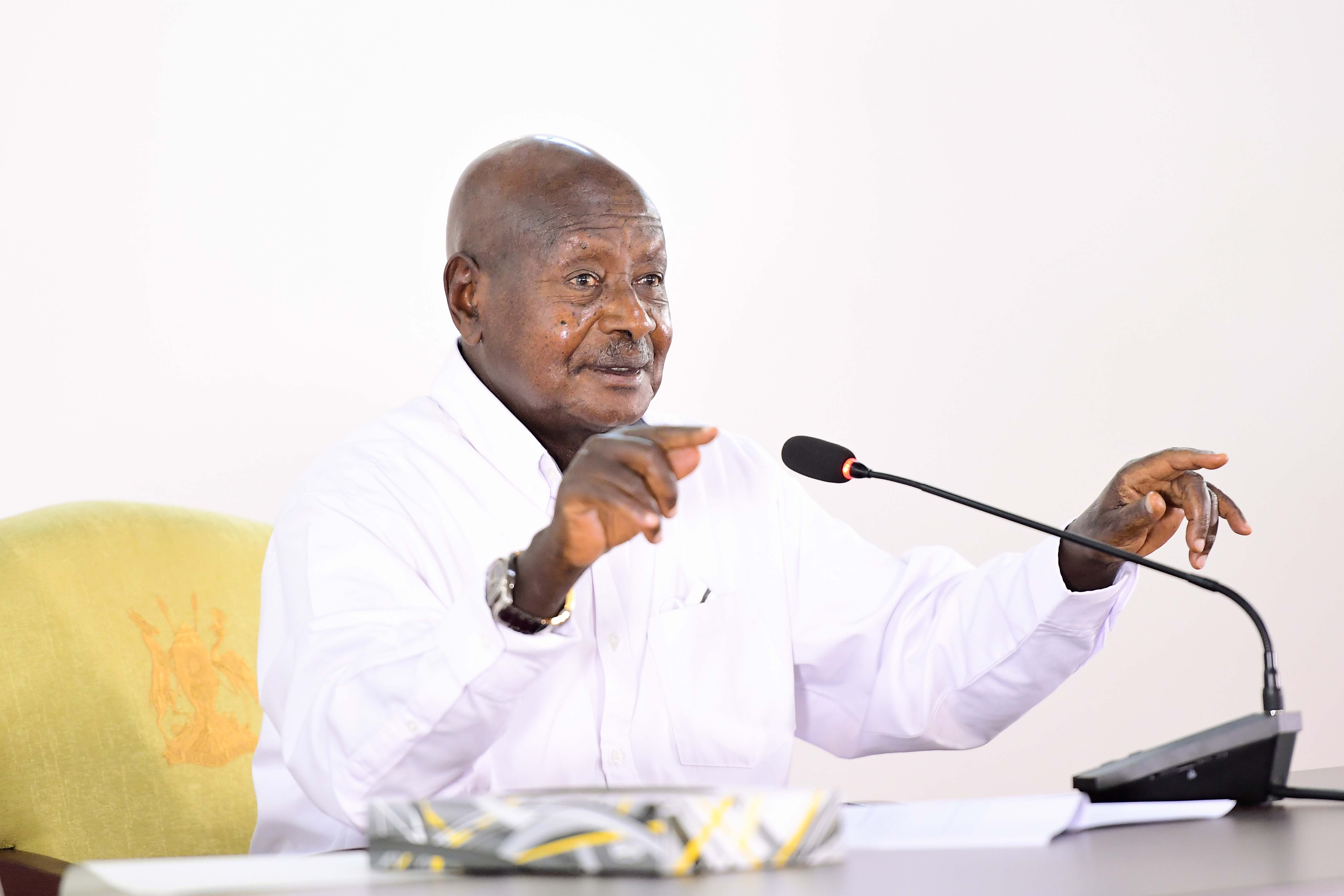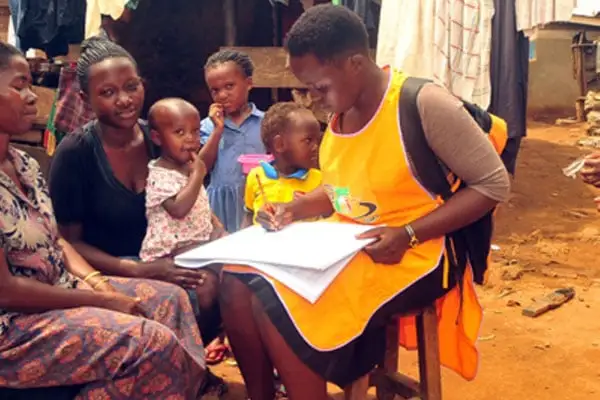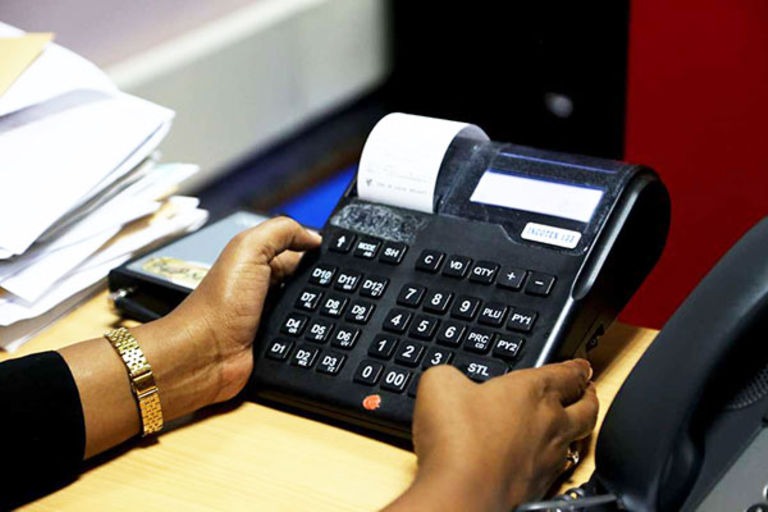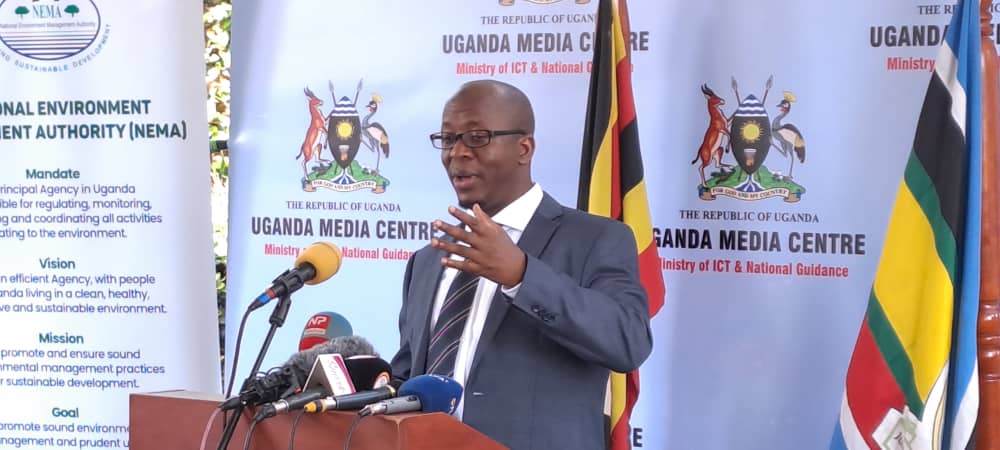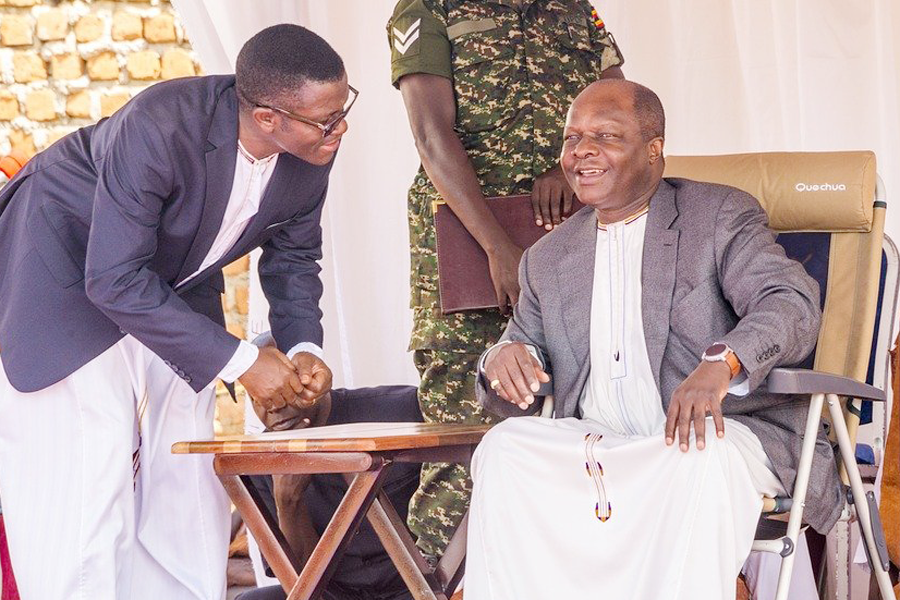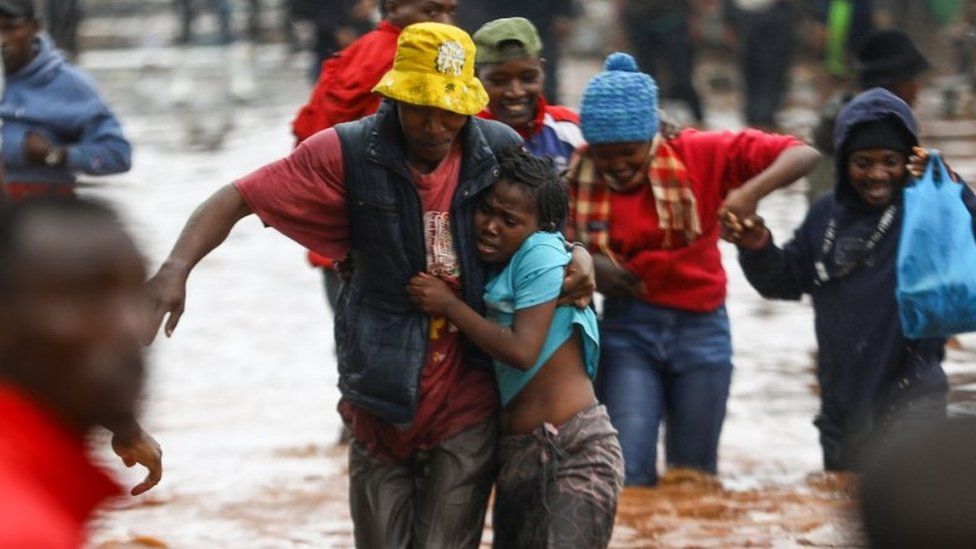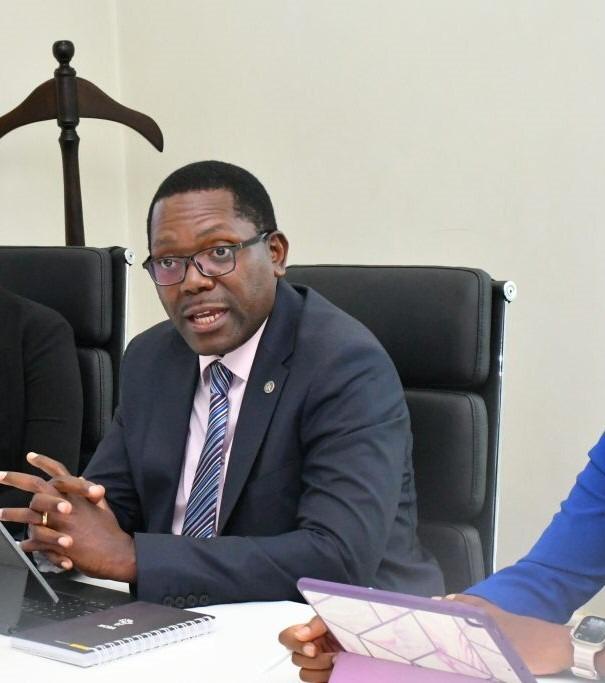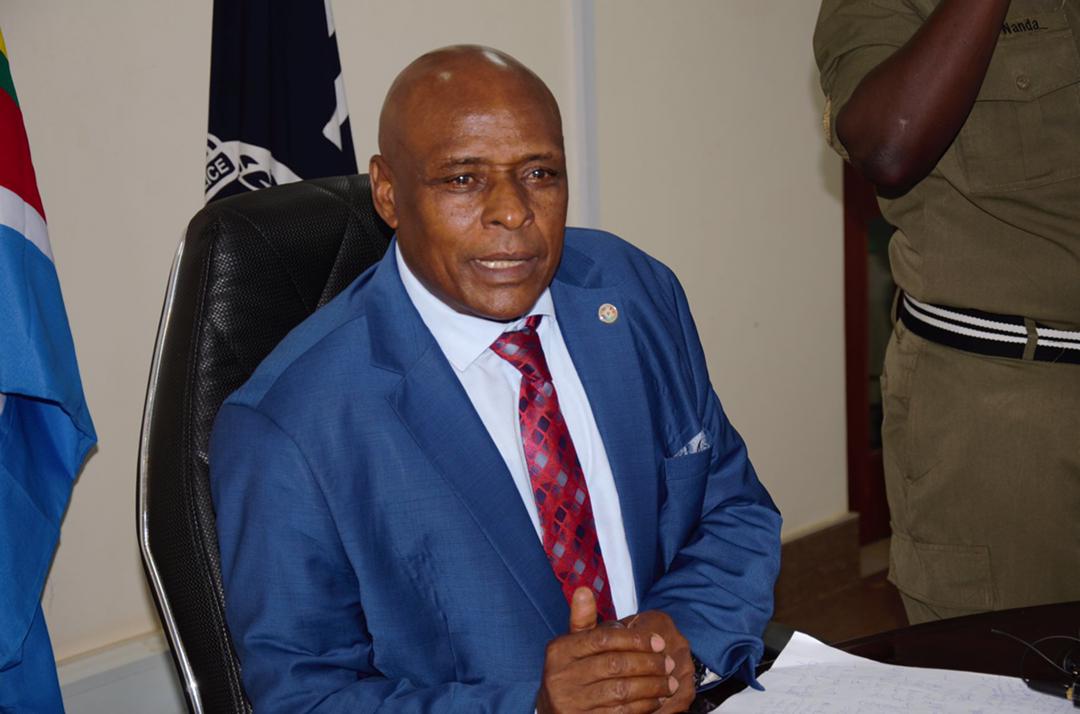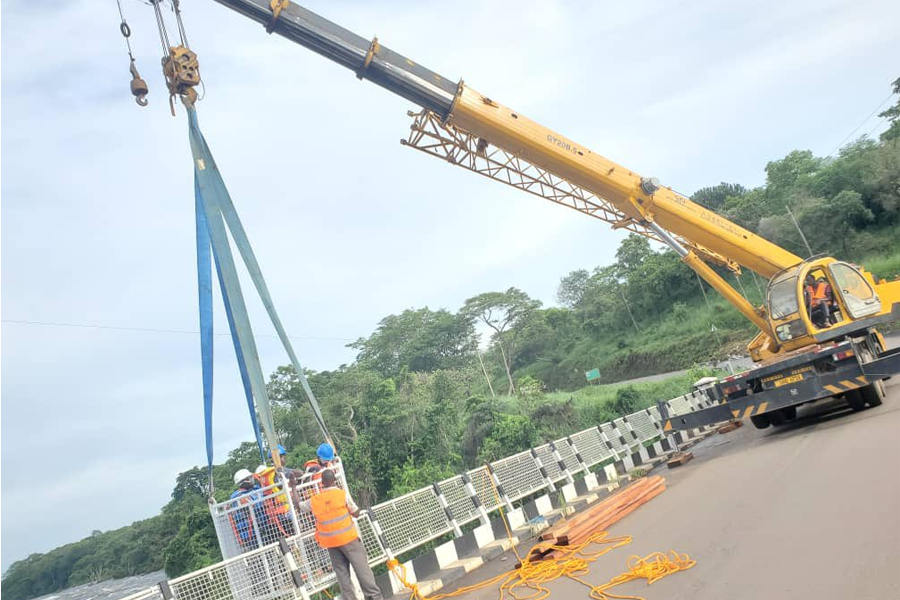Ugandan Facebook ban is killing digital markets, civic space
Experts have warned that the continued shutdown of Facebook in Uganda is having a toll on civic space and digital markets in the country.
With Ugandans now accessing Facebook only through Virtual Private Networks (VPNs), experts said that these come with a number of negative effects.
Emmanuel Wabwire, an executive director at Faraja Africa Foundation said that using VPNs increases the cost of doing business online, which hinders the growth of digital markets.
“For a person who is using 100 mbs, who would may be browse for a day, using normal internet, currently uses VPN to browse Facebook for just like 2 or 3 hours, increasing the cost of internet in the country,” Wabwire said.
Wabwire said that with VPNs, it is now close to impossible to target clients in digital campaigns on Facebook because of the shutdown.
“You can not do targeted marketing anymore, users can not target the audience of Ugandans for a campaign. You can do that for clients elsewhere but not here.”
Wabwire said that some VPNs also allow users to use their servers in exchange for users data which puts Ugandans at risk.
Isaac Opio, a social change and human rights activist, said that the ban on Facebook curtails civic space in the country.
Godwin Toko, a lawyer said that away from connecting people and doing business, Facebook is also used as a means of coordinating for civic engagements and blocking it limits such engagements.
Government through the communications regulator, Uganda Communications Commission (UCC), blocked social media ahead of the January polls in the country, citing security reasons.
President Yoweri Museveni questioned Facebook’s audacity following their decision to take down at least 146 accounts of pro-Uganda government campaigners they accused of, “Coordinated inauthentic behaviour.”
UCC executive director Irene Sewankambo in letter dated Wednesday 13, January 2021 ordered telecom companies and internet service providers to, “Immediately suspend any access, use, direct or otherwise, of all social media platforms and online messaging applications over your network until further notice”.
The telecoms and internet service providers reacted promptly and blocked access to Facebook, WhatsApp, Instagram, Snapchat, Youtube, and other social media platforms.
When the government restored internet services on January 18, 2021 two days after President Museveni was declared winner of the presidential elections, many Ugandans began accessing social media through virtual private network (VPN).
The ban on social media platforms was lifted days later, although the Facebook ban continues, seven months after the election.
Facebook owners should respect our sovereignty
In an interview with NBS Television, Minister for ICT, Chris Baryomunsi said that not until Facebook accepts to resolve issues with Uganda, the country can do without it.
Baryomunsi accused Facebook owners of using ‘dictatorial tendencies’ on Uganda simply because we are Africans and government will not accept that.
“There is need for them to respect the sovereignty of governments and people of different countries. We also have a right to say, wait, there is need for mutual respect if they are going to operate from here,” Baryomunsi said.
Baryomunsi said that until mutual respect is achieved, the social media site will continue to be blocked in Uganda.
Uganda, according to UCC data has at least 18 million internet users, 3.3 million of these are Facebook subscribers. Despite the continued block, the Mark Zuckerberg founded social media site remains the most widely used in the country.


